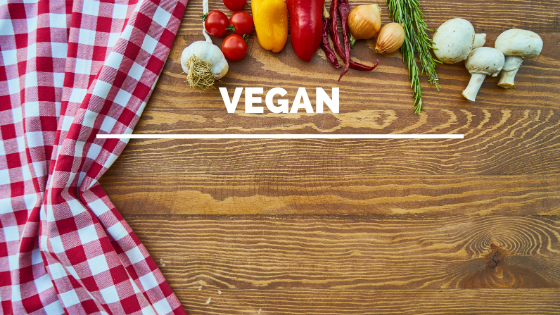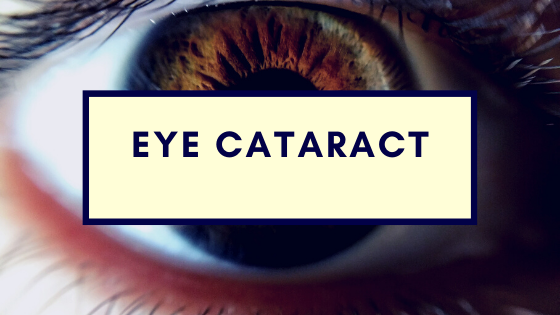The term Flexitarian is not a new term in the vast world of diet programs. The flexitarian is part vegetarian and part meat eater. Flexitarians substitute some meatless dishes to lose weight and receive optimal health benefits. Although some flexitarians follow a prescribed diet, the trend to move to vegetarianism and many times veganism is on the rise. Research suggests that “vegetarians have lower rates of cancer, heart disease, hypertension, diabetes, and asthma.” That’s not hard to believe as the agricultural industry confirms factory-raised animals are fed unnecessary antibiotics, hormone enhancements, and even arsenic. Vegetarians weigh less and live longer because they avoid the unhealthy fats from animal meat, as well.

But, not all flexitarians choose this lifestyle for health benefits. People are transitioning to a meatless lifestyle for ethical reasons, too. A plethora of internet sources and social media advocates are exposing the deplorable conditions and poor treatment of animals in factory farms. Choosing a diet with fewer animal meat choices allow for what some consider the only humane diet acceptable.
Enter the meat alternative. Vegan and vegetarian-based food companies produce foods that do not contain the saturated fats, cholesterol, hormones or antibiotics of animal meat. While the choice of a flexitarian diet can be a lonely road in the beginning of the transition to a healthier diet, families can benefit from best vegan plant based meat choices without the harmful health risks and embrace small dietary improvements with meals that mimic the taste and texture of meat.
Substitute alternative pork, chicken, and even crab in recipes. Serve guilt-free sausage and enjoy the zesty flavors. The move to a healthier lifestyle is making good buying decisions one meal, one trip to the grocery store, one restaurant experience at a time. And, the perfect time for better health is now. Flexitarian or vegetarian, the move to meat alternatives is here to stay and growing every day.








